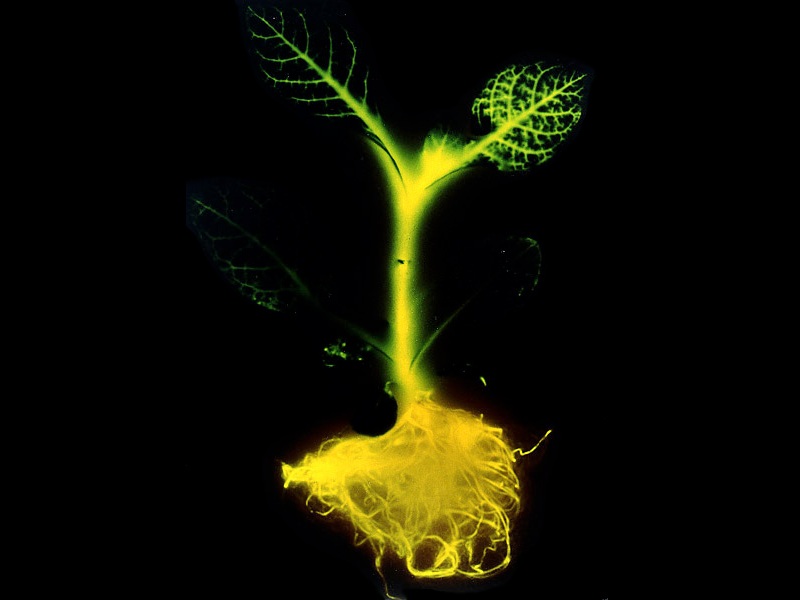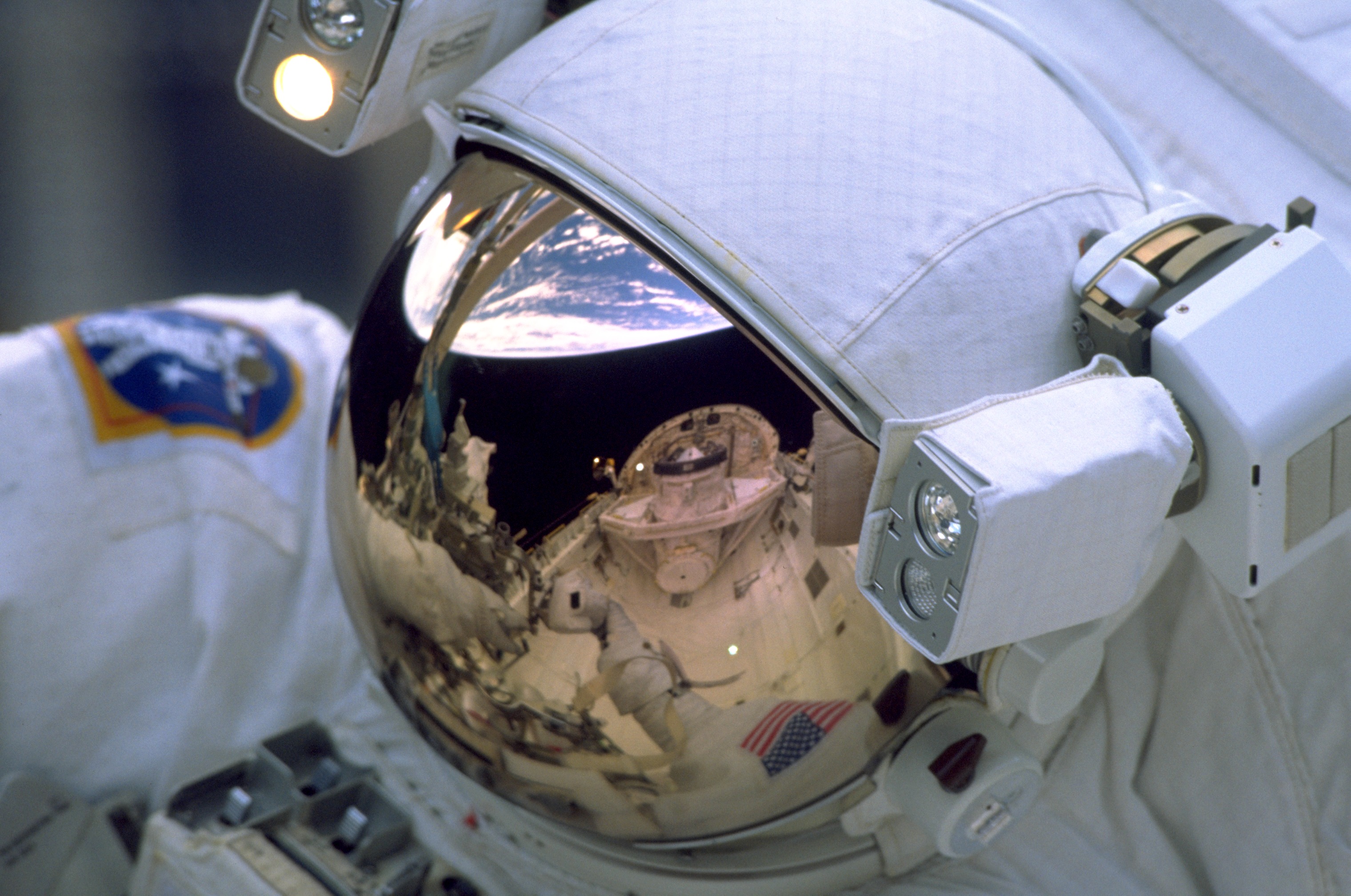
Would you want to live in a world that looks like a Pandora knockoff, or blares like the wall decorations of a stoner crash pad? What if you couldn’t turn it off?
Such were the questions raised when a Kickstarter campaign launched to “create real glowing plants in a do-it-yourself biolab in California.” At first, observers merely wondered if the technology could work. But as time passed, their questions moved on to more troubling concerns regarding the unregulated spreading of genetically modified seeds…

